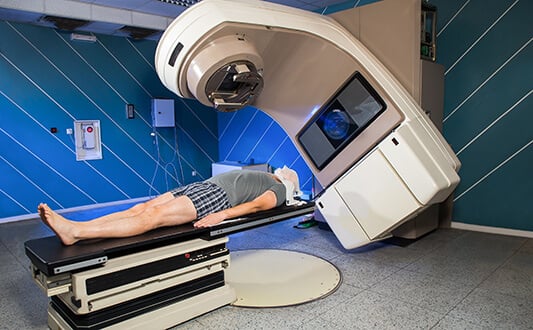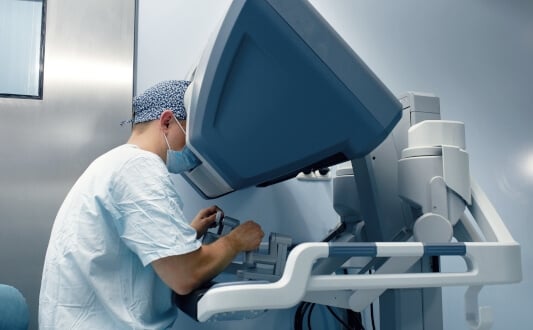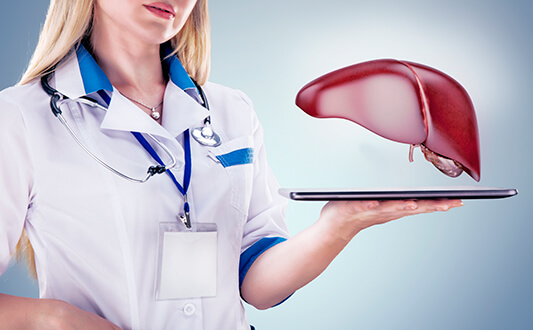Medical Blog About Treatment Abroad
Welcome to our medical blog – it is dedicated to empowering patients with knowledge about global healthcare! We created this platform with the intention to bridge the gap between patients and the medical innovations available globally.
What's Inside: Discover new and rare methods in oncology, immunology, heart surgery, neurosurgery, and other medical fields! Our health travel insights show how medical journeys open new possibilities with advanced treatments unavailable locally, including specialized cancer care abroad.
Who Benefits: This resource is for patients and their families who seek new treatment methods and explore options at leading international hospitals. Those who want to make informed healthcare decisions beyond borders.
Why Read: Booking Health experts provide verified information through patient-friendly articles – they translate complex medical advances into accessible info. Stay current with the latest developments in global healthcare and discover how international medicine can transform treatment outcomes!
Browse our latest articles and take the first step toward better health outcomes!
Latest posts - page 36
 How to save on treatment in Germany
How to save on treatment in Germany
Today treatment outside the native country is no longer an extraordinary event. Patients go abroad in search of precise diagnosis, the latest models of equipment, extensive practical experience of doctors, developed in the course of clinical trials innovative treatment methods and drugs, as well as effective rehabilitation programs.
 Benefits of Orthopedics and Trauma Care in Germany
Benefits of Orthopedics and Trauma Care in Germany
Despite scientific and technical progress, diseases and various injuries of the musculoskeletal system remain a widespread phenomena. According to the WHO, more than 1.5 million people have died from injuries per year since the beginning of 2000, and the percentage of these deaths that are from sports injuries, is 5%.
 Modern treatments for oncological diseases in Germany
Modern treatments for oncological diseases in Germany
Despite all the success of modern oncology, cancer remains the second most frequent cause of death around the world. Tumors are often diagnosed late, which makes treatment more complicated. Another issue is the use of obsolete methods or not the most effective therapeutic approaches in countries with poorly regulated healthcare systems.
 Treatment of Autism in the focused Foreign Clinics
Treatment of Autism in the focused Foreign Clinics
Autism is a mental disorder that is diagnosed in 2% of children. The etiology of the illness is unknown, as there is no single mechanism responsible for of its occurrence. Autism manifests itself with antisocial behavior, lack of communication skills, a tendency to rituals in behavior and systematization. The autistic child does not come into contact with either adults or peers.
 Robot-assisted treatment of esophageal diseases: Da Vinci system
Robot-assisted treatment of esophageal diseases: Da Vinci system
Esophageal surgery is a very complex area of medicine because this organ is located simultaneously in the neck, chest, and abdomen. Most esophageal surgeries are traumatic and unsafe. However, with the help of the surgical system Da Vinci, surgeons can perform surgical interventions of any complexity with a minimally invasive surgical approach instead of large incisions.
 Treatment at the University Hospital of the Ludwig-Maximilians-University Munich
Treatment at the University Hospital of the Ludwig-Maximilians-University Munich
Founded over 200 years ago, the University Hospital of the Ludwig-Maximilians-University Munich is one of the best healthcare facilities in Germany. It has all the technical equipment and capabilities of modern medicine. The University Hospital of the Ludwig-Maximilians-University Munich is located in Munich, the capital of Bavaria...
 Liver transplantation in Germany
Liver transplantation in Germany
Liver transplantation is a surgical intervention when a patient is transplanted liver fragments from a live or recently deceased donor. The operation is required in cases where other therapeutic measures aimed at restoring the function of one’s liver are ineffective or unpromising. Since transplantation is a complex operation...
 TOP countries for obesity treatment
TOP countries for obesity treatment
The number of people with obesity has doubled over the past 30 years. The prevalence of this pathology is continuing to increase. In some countries, such as the United States of America, Saudi Arabia, and Turkey, every third person suffers from obesity. Fortunately, modern medicine has successfully solved this problem.

